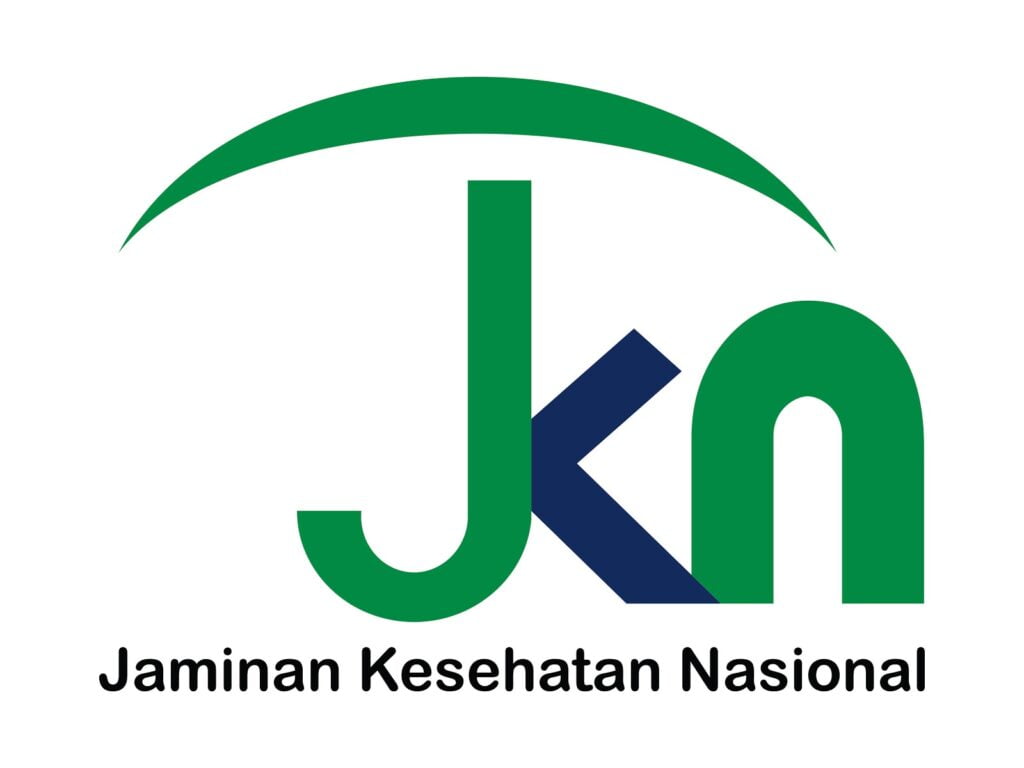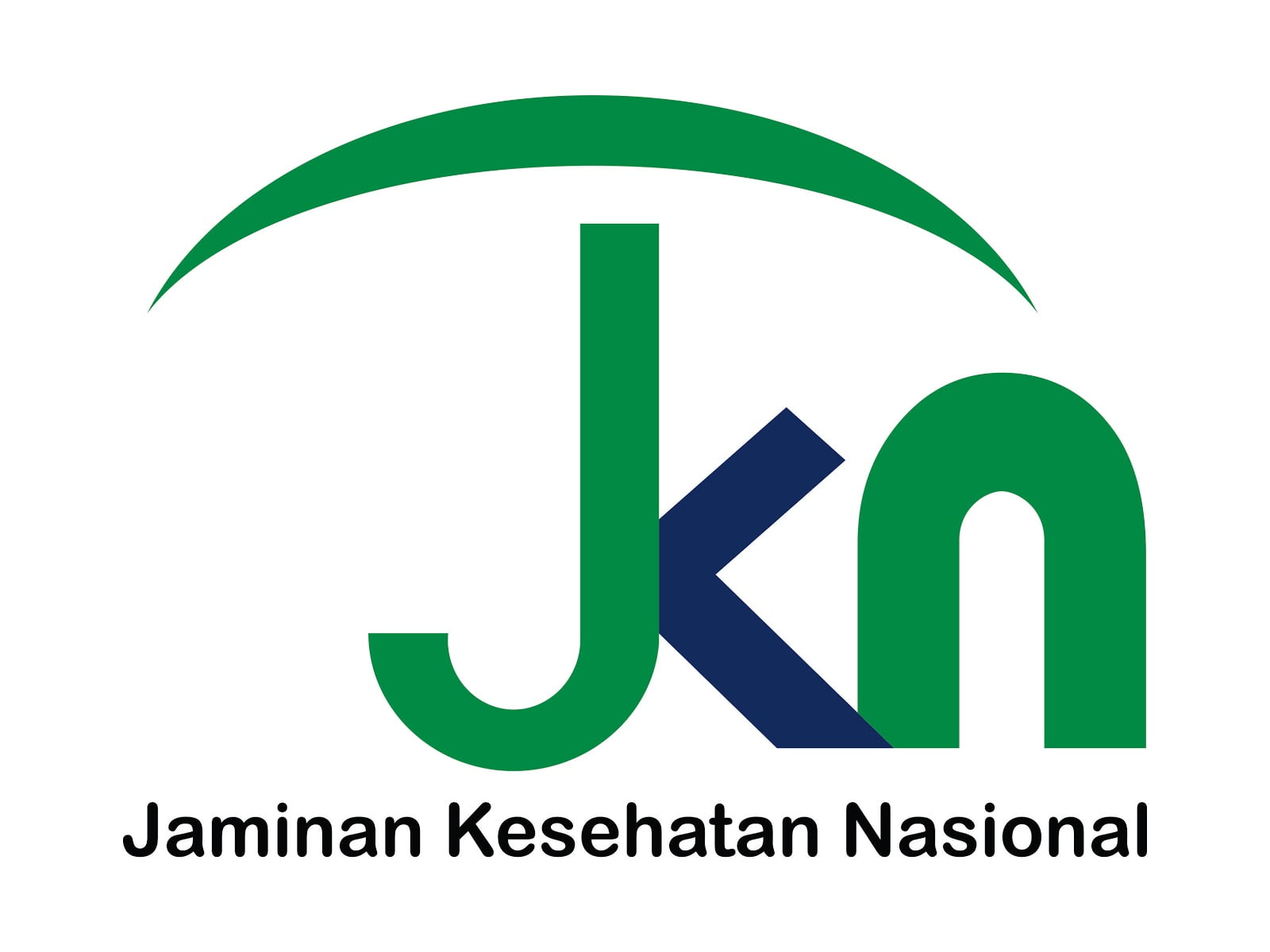
At the beginning of 2014, coinciding with the New Year’s celebration, the Indonesian people received a gift from the government, namely the National Health Insurance (JKN). With the existence of JKN as part of the National Social Security System (SJSN), it is hoped that in stages all Indonesian citizens will be able to obtain guaranteed social protection, so as to be able to meet their basic needs for a decent life, in this case basic needs in the health sector.
But unfortunately, until the start of this program, most people were still confused about the implementation of the JKN program. Starting from people who don’t understand what the JKN program is, how they can enjoy JKN facilities, to what will happen to the free health services they receive (for the poor) with JKN.
To eliminate public confusion, the Regional Research and Information Center (PATTIRO) urges the Government, especially the JKN administrators, in this case the Social Security Implementing Agency (BPJS), to continue conducting massive and systematic outreach, until the public understands the JKN program as a whole. . This is important so that the government and society together can obtain optimal benefits from the implementation of this universal health program.
So far, there have been many health programs, both in the form of cheap and free treatment or other health programs, provided by the Central Government and Regional Governments to the community. However, PATTIRO sees that the level of public health, especially in the regions, is still low. Maternal Mortality Rate (MMR) and Infant Mortality Rate (IMR) are still relatively high in Indonesia, even the MMR in Indonesia in 2012 reached 359 per hundred thousand births. The highest in the last ten years. It seems that there is something wrong with the health program that has been rolled out by the government so far.
For this reason, PATTIRO asked the Government to be able to take other benefits from the implementation of the JKN program, so that the JKN program does not only become a kind of health insurance that only functions when people are sick. With the funds collected and developed for the JKN program, both from the state budget and premiums collected from JKN participants, the Government should be able to provide a “added value” rather than just reducing the burden on the community when they are sick and have to seek treatment. For example, the proceeds from premium development can be used for the purpose of improving reproductive health to reduce MMR and IMR. In accordance with its objectives, the JKN program must be able to improve the social status of the community, especially in terms of health.
Community Based Social Audit
Meanwhile, with the large number of hospitals and clinics participating in the JKN program, PATTIRO asked the government to implement a strict audit system for these hospitals and clinics. Do not let any community be harmed by services that are not in accordance with standards. So far, from the health programs that have been rolled out by the government, what the public often complains about is the poor quality of service and the discriminatory treatment given by hospitals or clinics to community participants in the health social security program.
The government must be able to set the same standard of quality service, which must be provided by all hospitals and clinics participating in the JKN program to the community. The government must also have the courage to apply sanctions to hospitals and clinics that do not provide standard or discriminatory services. The government must also set up a mechanism so that no hospital or clinic will suddenly withdraw because they feel they cannot afford it, as happened in several hospitals and clinics which withdrew from the implementation of the Jakarta Health Card Program (KJS) in DKI Jakarta Province. This is important to avoid overcrowding of JKN patients in one hospital because a hospital or clinic has withdrawn.
To avoid poor service quality and discriminatory actions, the government must conduct a community-based social audit of the JKN program. The social audit, which is carried out by conducting surveys (interviews) with the community as beneficiaries of the program, will provide an assessment of the performance and quality of services provided by JKN program implementers, namely the BPJS and participating hospitals or clinics. With an assessment of the performance and quality of these services, the government can immediately take action to improve and enhance the service quality of the JKN program.
Social audits should be carried out every six months or once a year so that the performance and quality of service as well as the social accountability of the JKN program are measurable and improvements can be made immediately. The implementation of this community-based social audit will also assist the government in providing an overview of the extent to which the JKN program is benefited by the community and how to increase accountability, effectiveness and quality of JKN program implementation. (***)
Jakarta Januari 3, 2014
Sad Dian Utomo | Executive Director PATTIRO
saddian@pattiro.org | 0812 800 3045
Contact Person:
Rohidin Sudarno | Public Service Specialist
roi@pattiro.org | 081310539884





